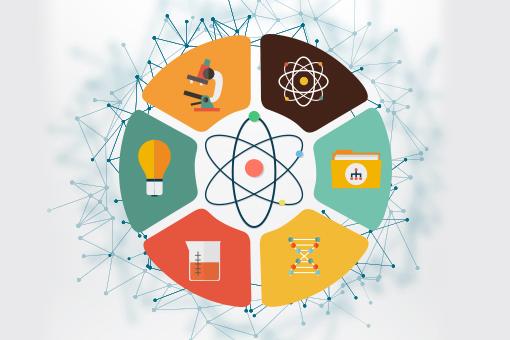Summary
The near-universally conserved genetic code governs the messenger RNA (mRNA)–templated synthesis of proteins in all domains of life, using just 20 amino acid building blocks. Progress has been made toward artificially expanding the genetic code to enable cotranslational, site-specific incorporation of noncanonical amino acids (ncAAs) into proteins in living cells. (1, 2). Hundreds of different ncAAs have been genetically encoded in various domains of life, enabling powerful new ways to probe and manipulate protein functions. However, this approach has been largely restricted to the incorporation of a single ncAA into a polypeptide. On page 1057 of this issue, Robertson et al. (3) report site-specific incorporation of multiple distinct ncAAs into proteins with impressive efficiency and versatility, using liberated sense codons. The ability to generate designer proteins using multiple non-natural building blocks will unlock countless applications, from the development of new classes of biotherapeutics to biomaterials with innovative properties.


